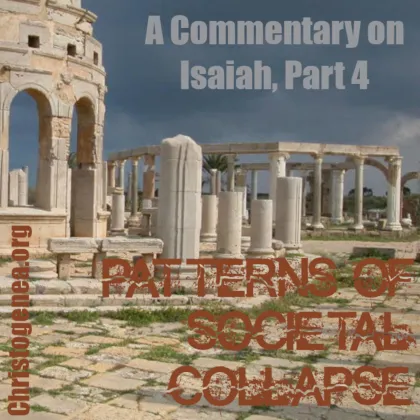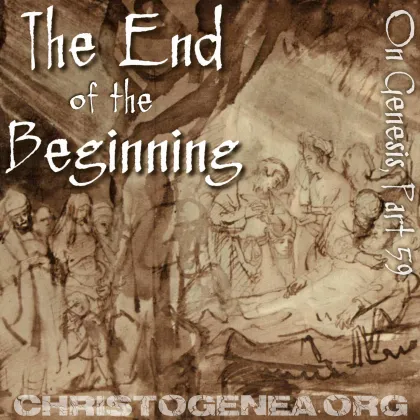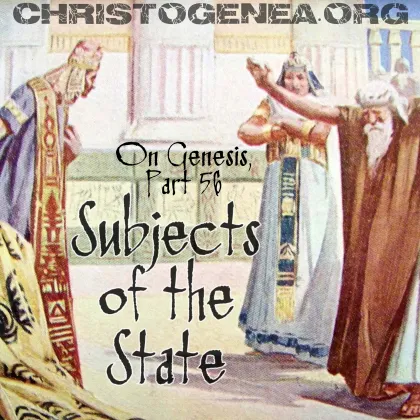A Commentary on Isaiah, Part 15: The Sceptre of the Rulers

A Commentary on Isaiah, Part 15: The Sceptre of the Rulers
There are many examples in Scripture which exhibit the fact that Yahweh God punishes those whom He has employed in the chastisement of His children. This is fully apparent in Isaiah chapter 10, where the Word of Yahweh had declared: “5 O Assyrian, the rod of mine anger, and the staff in their hand is mine indignation.” But then, just a few verses later in that chapter, Yahweh had attested: “12 Wherefore it shall come to pass, that when the Lord hath performed his whole work upon mount Zion and on Jerusalem, I will punish the fruit of the stout heart of the king of Assyria, and the glory of his high looks.” Likewise, here and throughout subsequent chapters of Isaiah, the destruction of Babylon is prophesied, but evidently not until Babylon had, or has, also been utilized in the punishment of the children of Israel. So in Isaiah chapter 39, the prophet was told to warn Hezekiah king of Judah, in part: “6 Behold, the days come, that all that is in thine house, and that which thy fathers have laid up in store until this day, shall be carried to Babylon: nothing shall be left, saith the LORD.” Then later, in Isaiah chapter 43 we read: “14 Thus saith the LORD, your redeemer, the Holy One of Israel; For your sake I have sent to Babylon, and have brought down all their nobles, and the Chaldeans, whose cry is in the ships.”
Although it is on a smaller scale, this same pattern is evident in the earliest records of the history of Israel, particularly in the book of Judges, where at diverse times the Philistines, Midianites, Canaanites, Moab, Ammon and others had all been employed at one time or another to chastise Israel, and ultimately each of them had been overcome and diminished by Israel, once Yahweh decided that the chastisement was sufficient and He permitted Israel to prevail. For example, in Judges chapter 3 we read: “7 And the children of Israel did evil in the sight of the LORD, and forgat the LORD their God, and served Baalim and the groves. 8 Therefore the anger of the LORD was hot against Israel, and he sold them into the hand of Chushanrishathaim king of Mesopotamia: and the children of Israel served Chushanrishathaim eight years. 9 And when the children of Israel cried unto the LORD, the LORD raised up a deliverer to the children of Israel, who delivered them, even Othniel the son of Kenaz, Caleb's younger brother. 10 And the Spirit of the LORD came upon him, and he judged Israel, and went out to war: and the LORD delivered Chushanrishathaim king of Mesopotamia into his hand; and his hand prevailed against Chushanrishathaim.” The name Chushanrishathaim apparently means “twice wicked Cushan”, and the word Cushan seems to be a reference to the land of Cush in Mesopotamia, as it also does where the word appears in Habakkuk chapter 3. So Chushanrishathaim is not even a name, but only an epithet by which the writers of Judges decided to describe a certain Mesopotamian king.
























 Please click here for our mailing list sign-up page.
Please click here for our mailing list sign-up page.







